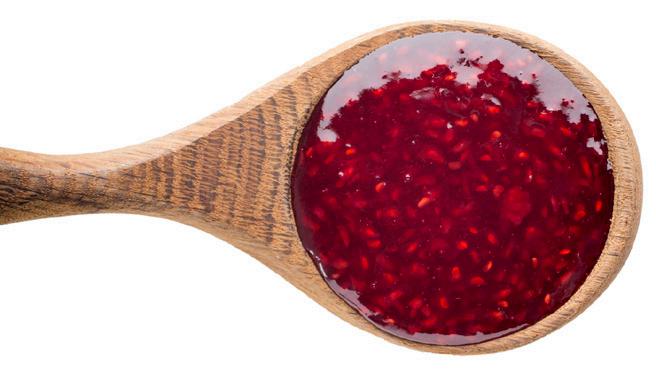
1 minute read
SWEET and Spicy
Hamilton is well-known for its healthcare, education and manufacturing sectors but let’s not forget about the city’s reputation for delectable and delicious food. In fact, we have two historic companies that have put the city on a culinary map that dates back to the 1800s.
THE SWEET SMITHS OF STONEY CREEK
The Smith surname may be common but, when you place the initials E.D. in front, it reveals the unique founder of a food empire, Ernest D’Israeli Smith. His British ancestors came from New Jersey in 1787 after the Americans won the War of Independence. First as squatters and later as the owner of 600 acres, E.D.’s great-grandfather Silas farmed in Saltfleet Township and endured both severe drought and famine. Born in 1853, E.D. persevered through a number of setbacks while farming above the escarpment on the property of his parents Sylvester and Damaris. But with methodical crop testing, he found fruit production to be the most viable option. In time, he would be known as “The Fruit King,” according to his great-grandson Llewellyn Smith, author of The House That Jam Built.
The E.D. Smith company was founded in 1882 and seven years later, E.D. would purchase a farm from Laura Secord’s relatives below the escarpment. This property would
2023
18 HCM MARCH/APRIL
HAMILTON IS HOME TO A PAIR OF ICONIC COMPANIES THAT ARE AS DELICIOUS AS THEY ARE HISTORIC.
By Helen Powers
become the site of the company’s operations. When the local market faced an abundance of berries, Smith decided to make jam. It was the first production of pure jams in Canada and was sold near the turn of the century in five-pound pails to storekeepers.

Apparently not busy enough building a dynasty, Smith was elected Member of Parliament for the Wentworth riding in 1900 and later become a senator. Here his two passions united in 1901 with a speech about the need for government to better regulate rail shipments of perishable products.
The year before, he’d shipped 142,000 baskets of small fruit and, because the railway cars lacked ventilation, fruit could spoil in the heat. Smith’s innovation led to ice blocks


